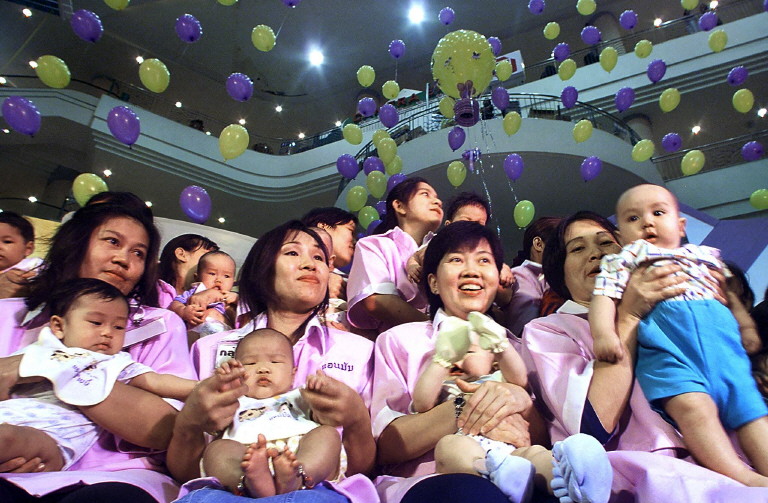A survey by Milieu Insight revealed the challenges faced by working mothers in Southeast Asia in balancing career and family.
Released for Mother’s Day, the study highlighted issues in achieving work-life balance amid demanding work cultures.
The survey, polling 3,000 working mothers across Singapore, Malaysia, Indonesia, Vietnam, the Philippines, and Thailand, shows that 60 percent of these women struggle to manage both professional and personal commitments.
Additionally, 68 percent believe that remote work and flexible arrangements could improve their work-life balance and career advancement.
“Our study sheds light on the challenges faced by Southeast Asian women and the strategies they use to manage their roles at home and work,” Juda Kanaprach, co-founder and CCO of Milieu Insight.
The study found that 42 percent of women in Singapore and Vietnam find it hard to prioritize their health and well-being, exceeding the regional average of 31 percent.
About 44 percent of those surveyed wish for greater recognition of the challenges faced by working mothers. “Many working mothers struggle to focus on self-care due to the demands of work and home,” Kanaprach said.
Around 20 percent feel that motherhood has negatively impacted their careers, with the highest report of 40 percent in Singapore.
This correlates with 66 percent of the region’s working mothers handling significant household responsibilities. “Being a working mother involves a constant balancing act,” Kanaprach added.
There is concern over inadequate workplace policies, with 53 percent of respondents feeling neutral or dissatisfied with their country’s maternity leave policies.
The stigma and penalties associated with extended maternity leave are highlighted, with 54 percent in Singapore advocating for more supportive leave policies.
“Extended leave is essential for mothers but often stigmatized, affecting careers,” Kanaprach said.
In response, places like Singapore are implementing more flexible working arrangements, like the option for a four-day work week starting December 2024. Kanaprach said flexible work arrangements are critical in supporting working mothers.







